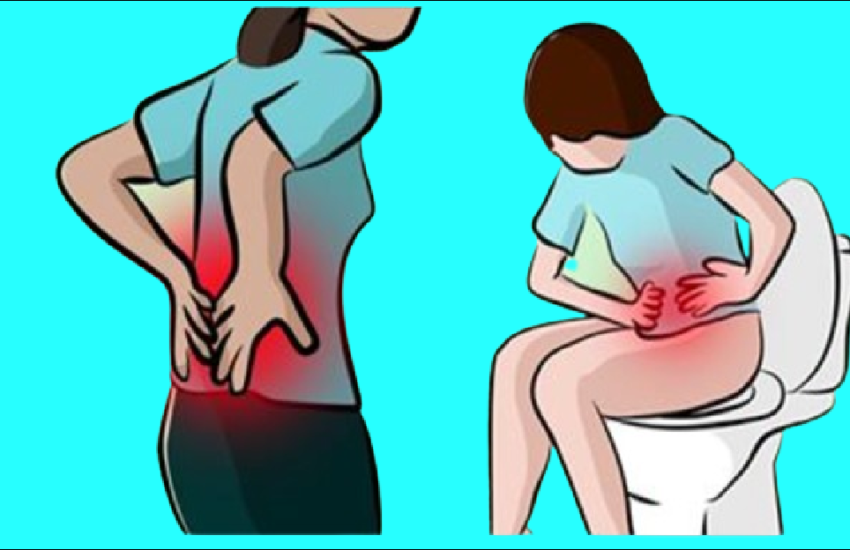What do these red dots on your skin mean.
Red spots on the skin stem from various causes, and understanding these possibilities can shed light on their nature and potential risks. Here’s a breakdown of what might be behind the red spots on the skin and whether they pose a risk:
Hemangiomas:
Hemangiomas are rare in adults but common in infants and young children. These are benign tumors found in blood vessels that usually regress without intervention.
Leukocytoclastic vasculitis:
This condition involves inflammation of the blood vessels, often appearing as small, densely packed red spots on the lower legs. These spots can change color over time and may itch, burn, or develop into dark, bleeding nodules.
Herpes zoster (shingles):
Shingles is a viral infection that can cause a rash with painful blisters. Additional symptoms may include headache, extremity pain, slight fever, and malaise.
Couperose/rosacea:
Rosacea is a skin disorder characterized by enlarged veins (telangiectasia) on the face, especially on the cheeks and around the nose. In its early stages, it is referred to as couperose.
Milaria (heat rash):
Heat rash appears as itchy blisters due to blocked sweat gland ducts, and is often aggravated by tight clothing that hinders the evaporation of sweat.
Keratosis pilaris:
Also known as bruxism, this condition involves increased production of keratin that causes hair follicles to clog and form small plugs, resulting in white and red pimples. This usually occurs in the thighs and upper arms, but it can affect other areas as well.
Allergies:
Contact allergies can cause a rash, caused by substances the skin comes into contact with, such as perfumes or metals such as nickel. These reactions, including red spots and itching, usually occur within 24 to 72 hours after exposure.
Understanding the possible causes of red spots on the skin can help determine appropriate management and whether further medical evaluation is needed. If you are concerned about red spots or experiencing additional symptoms, it is recommended to consult a healthcare professional for an accurate diagnosis and treatment guidance.


